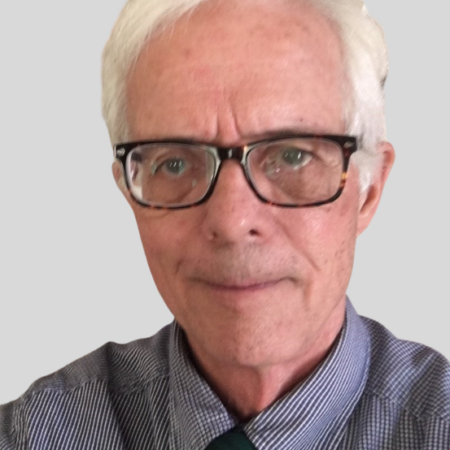Rory Leishman:
 Thanks to the appalling Medical Assistance in Dying laws mandated by the Supreme Court of Canada and enacted by the Trudeau Liberals and their NDP and Bloc Quebecois allies, Canada now has both the most and the fastest increasing number of euthanasia deaths in the entire world. More Canadians are killed every year by MAID than die of stroke.
Thanks to the appalling Medical Assistance in Dying laws mandated by the Supreme Court of Canada and enacted by the Trudeau Liberals and their NDP and Bloc Quebecois allies, Canada now has both the most and the fastest increasing number of euthanasia deaths in the entire world. More Canadians are killed every year by MAID than die of stroke.
Yet according to an Ipsos poll, the great majority of Canadians — even including close to 80 per cent of self-identified Protestants and Catholics — support Canada’s MAiD laws. Why is that?
Part of the explanation is that few Canadians understand that MAiD is a euphemism for suicide. Yet if you ask someone to kill you and he kills you, it is — or should be — evident that you commit suicide and he commits homicide.
The Criminal Code of Canada has long provided that anyone who deliberately kills a person at the person’s request is guilty of murder in the first degree. This fundamental rule of law applied to all Canadians until 2015, when the Supreme Court of Canada arbitrarily decreed in its appalling Carter decision that physicians are exempt from the law for the purpose of perpetrating euthanasia.
Under terms of the latest MAiD provisions, a physician can legally kill a patient with a lethal injection (the procedure used in almost all MAiD deaths), provided only that the patient is mentally competent, persistently asks to be killed and is afflicted with what the patient regards as intolerable suffering caused by a grievous and irremediable medical condition.
In effect, Parliament has licensed physicians to murder suicidal patients.
Many Canadians fear that, without MAID, they could end up suffering intolerably from a crippling illness or a long, slow, painful death. In particular, many people suppose they would rather die than endure a devastating stroke. Such views are subject to change after a stroke, provided the patient is not euthanized. With proper palliative care, the great majority of severely crippled stroke victims learn to cope with their handicaps and resent suggestions they would be better off dead.
One of the most devastating of illnesses is ALS, an incurable and progressively paralyzing disease that gradually worsens, leaving the patient unable to move, swallow, speak and, ultimately, breathe. In the aftermath of such a calamitous diagnosis, many ALS patients in Canada now choose MAiD because they fear they could end up choking to death. Yet there is no basis for such fear. Stephen Hawking, the renowned theoretical physicist, was afflicted with ALS. For the last 10 years of his life, he needed round-the-clock care and could only communicate through a computer activated by muscles in his cheek. Yet, he never lost his zest for life and he died peacefully at the age of 76 in 2018.
For ALS patients who do not choose MAiD, such a peaceful death is typical. According to ALS Canada, appropriate medications can “very effectively reduce the sensation of shortness of breath and choking. They do not speed up death.”
Many patients do suffer long and terribly during the last stages of life, because they or their substitute decision makers insist on continuing life support with ventilators and cardiac resuscitation long after these procedures can no longer serve any purpose except to prolong the dying process. These patients should have exercised their long-standing right in law to end active treatments in favour of palliative care to ease their passage to a peaceful death.
Under the direction of a competent physician, palliative care can not just alleviate shortness of breath. It can also eliminate nearly all unendurable pain, if only, in extreme cases, by rendering the patient unconscious without deliberately killing them. Furthermore, modern medicines can relieve anxiety, depression, nausea, and other symptoms that often plague the dying during their last days.
But alas, for many euthanasia advocates, such considerations are irrelevant. According to the Fourth Annual Report on Medical Assistance in Dying in Canada 2022, more than half the MAiD victims that year listed “loss of dignity” as one of the main reasons for the perception of intolerable suffering that prompted them to put an end to their life.
In caring for such distressed patients, no mere words can persuade them that they still have a life worth living. What these sufferers desperately need are deeds of care and compassion from their medical caregivers, family members and friends. On no account should any suffering and depressed patient be left to feel unwanted, unloved and bereft of dignity, no matter how dependent he or she might become on others to help them cope with a devastating illness or the near approach of death.




